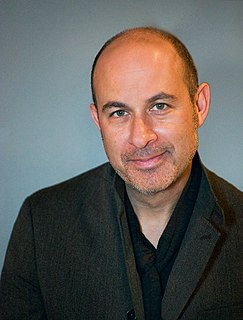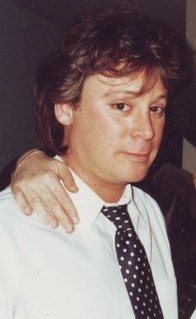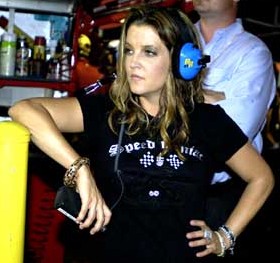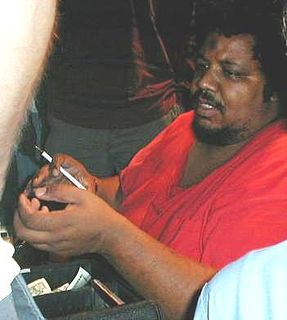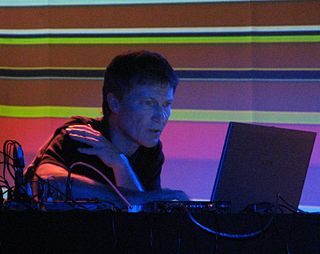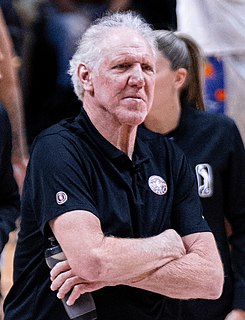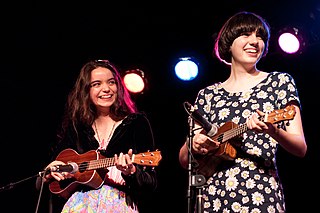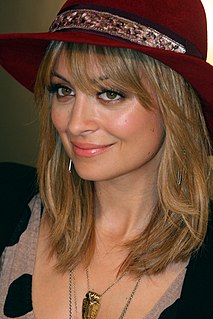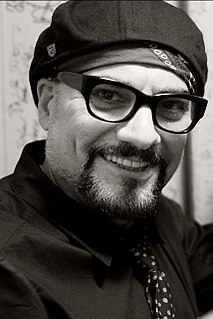A Quote by Kim Shattuck
It was only later that I found out there was good '70s rock like the Raspberries and the Flaming Groovies. I always gravitated toward the '60s music more, though, like the Kinks, the Who and the Beatles, of course.
Related Quotes
Before I joined Kraftwerk in 1971, I played guitar in a band called Spirits of Sound, whose members included (at times) amongst others singer Wolfgang Riechmann (Sky Records released his only solo album Wunderbar shortly after his death in 1978) and drummer Wolfgang Flür (later on Kraftwerk, now solo). The music of S.o.S. in the mid 60's first was the English pop and rock music of the times (Beatles, Kinks, Rolling Stones ).
[Peter] Tchaikovsky's "1812 Overture" was my first go-to song in terms of getting into the zone and getting ready and then I quickly gravitated to rock and roll music in the mid-'60s with the Grateful Dead, Bob Dylan, Neil Young, The Beatles, Crosby, Stills & Nash, The Rolling Stones, Carlos Santana. So many of them are still around and still going strong. I go out to see them all the time.
Something I always wanted to do, to capture that later half of the '70s. It's like the early half of the '70s is still the '60s, in that there's still kind of a playfulness and inventiveness in terms of design and the things that were going on in the culture. The second half, it got much more commodified. It's possibly the ugliest era of architecture and clothes and design in the entire 20th century, from 1975 to '81 or '82.
I'm hugely inspired by the '60s and the '70s. I just love the music of that time and the overall freedom of that era. I love that the idea of clashing didn't really exist. You could mix prints on prints, you could mix fabrics and colors - and it was more about the way you felt than about the label and trends. That's something that I've always gravitated towards.
In 1965, my father was just twirling the dial of the radio to find something that would make me go to sleep, and as soon as I heard rock and roll there was no stopping me. It was during the height of Beatlemania and the British invasion, but I gravitated toward the harder, heavier music going on then, you know, the early Rolling Stones, the good Rolling Stones, and Paul Revere and the Raiders, who don't get the credit they deserve for spearheading the American '60s garage sound.
The Beatles have a deeper appreciation of all music. There's a humor, there's a Broadway sense, and later on, the Indian stuff came in. The Beatles were always taking in stuff and filtering stuff out to us. There's such a classical sense of arrangement, and their harmonies-what the Beatles did vocally is amazing.


